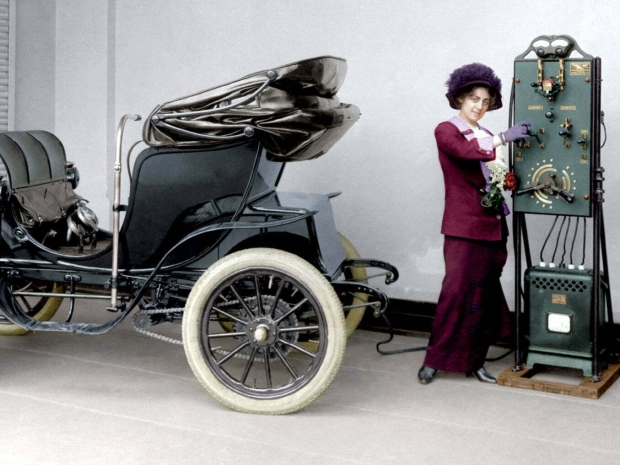Boffins at Austria’s Graz University of Technology found that BMW, Renault and Peugeot cars emitted much more than standard lab tests had claimed, with the BMW 3 Series, in particular, emitting more than three times advertised,
Plug-in hybrid electric vehicles (PHEVs) combine a small battery with a traditional petrol or diesel engine. Carmakers say they can offer the best of both worlds by allowing owners to drive long distances while retaining the ability to drive with zero emissions. However, campaigners argue that the cars are more polluting than claimed.
The research found that BMW’s 3 Series emitted 112g of carbon dioxide per kilometre, three times its official rating of 36g. Peugeot’s 308 polluted 20 per cent more than its official rating of 27g, while Renault’s Megane was 70% above the official test of 30g.
Tests by independent groups, including the UK consumer group Which?, have repeatedly found that PHEVs burn more fuel than the laboratory figures suggest. Burning more fuel adds to running costs and increases polluting carbon emissions.
The campaign group Transport & Environment (T&E) commissioned the Graz researchers after similar analysis in 2020 found much higher emissions than advertised from PHEVs, particularly as some users do not charge them. The latest data suggest that PHEV technology in some newer models still pollutes significantly more than official tests suggest.
The Peugeot and the BMW failed to live up to their official zero-emissions range. The Peugeot 308 managed just over half the electric range, while the BMW 3 Series achieved three-quarters.
T&E said the tests showed governments should focus on incentivising the purchase of fully electric vehicles rather than hybrids. The findings come as the UK government considers which hybrids will be allowed for sale between 2030 and the complete ban on new hybrid sales in 2035. Some in the industry expect a minimum zero-emissions range requirement for cars to be allowed to be sold.
Car fuel emissions tests are carried out under rules known as the worldwide harmonised light vehicles test procedure (WLTP), but critics say artificial lab conditions do not show the impact of driving in the real world. The Graz researchers instead used a portable test system and drove the cars around the city.




